| Seite 1 |
Kapitel 2: Land, Länder, Alle Wetter!
Gespräche
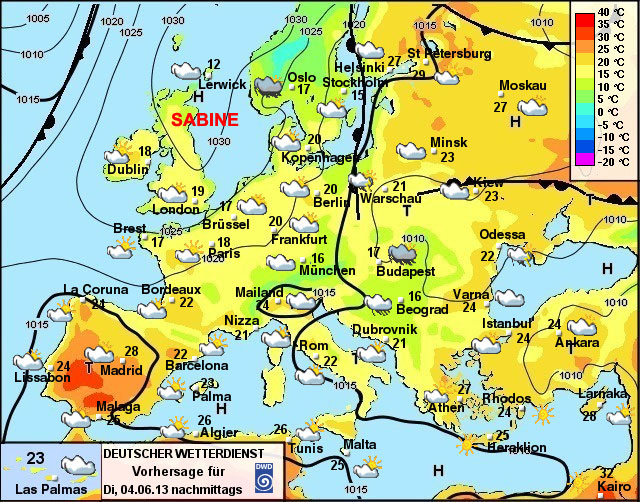
|
Über das Wetter sprechenÜbung 2-1a Match the German words and phrases in the left column with the English equivalents in the right column. Complete the assignment in BOLT.
|
Übung 2-1b. Arrange the kinds of weather in the order they appear in this video by writing the number in the blank: write in "1" for the first kind of weather to appear, then "2" for the second, and so on:
Enter the answers in BOLT.
_________ Nebel "...zieht über die Felder".
_________ Es schneit.
_________ Die Sonne scheint.
_________ Es regnet.
_________ Es stürmt.
_________ Es hagelt.
_________ Es donnert und blitzt.
Übung 2-1c. Telefongespräch: Das Wetter ist schön; das Wetter ist schlecht. Hören Sie sich das Gespräch an und wählen Sie die richtigen Antworte im Quiz. (Click on the link below and take the quiz to practice.) On BOLT.
Hier ist das Link für das Gespräch: Wie ist das Wetter?
Übung 2-1d. Telefongespräch: Wer spielt Tennis? Hören Sie sich das Gespräch an und wählen Sie die richtigen Antworte im Quiz. (Click on the link below and take the quiz to practice.) On BOLT.
Hier ist das Link für das Gespräch: Wer spielt Tennis?
KulturnotizMost of the world uses the metric system and celsius temperature. Here are some equivalents and the conversion formulas. Many conversion programs and apps are available. As a general crude rule of thumb, you can grasp most temperatures in increments of 5: 5°C = around 40° / 10°C = 50° / 15°C = about 60° / 20°C = a little less than 70° / 25°C = a little less than 80° / and 30°C is a couple degrees less than 90°. You will need to demonstrate a general knowledge of the temperature conversions.
-40 °F = -40.00 °C Here is the more precise conversion formula:
(°F - 32) x 5/9
(°C x 9/5) + 32 |
Übung 2-1e. Wie ist das Wetter? Teil B (Teil A ist auf Seite 11.) "Wie ist das Wetter in...?" Fragen Sie Ihre Partnerin / Ihren Partner! (Ask about the weather in several German cities. Fill in the information, including the temperatures. Note that temperature is considered plural, except for one degree: Es sind 16 Grad.
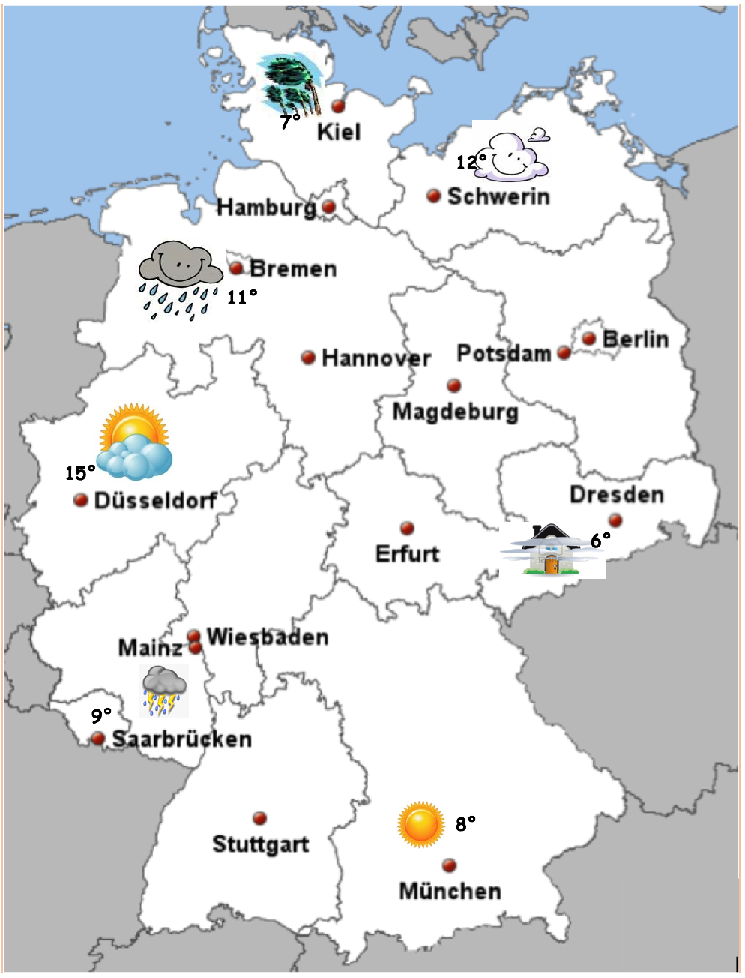
| die Stadt | das Wetter | die Temperatur |
|---|---|---|
| Stuttgart
| ||
| Wiesbaden
| ||
| Erfurt
| ||
| Hannover
| ||
| Hamburg
| ||
| Magdeburg
| ||
| Berlin
|
| Es ist sonnig. Die Sonne scheint.  |
Es ist bedeckt. |
Es regnet.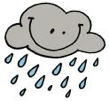 |
Es ist heiter. |
Es ist gewitterig.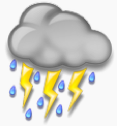 |
Es ist nebelig. |
Es schneit. |
Es ist windig. |
Es ist wolkig.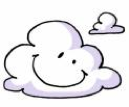 |
5° Es sind fünf Grad. -4° |
- Kapitel 2: Seite 1
- Kapitel 2: Seite 2
- Kapitel 2: Seite 3
- Kapitel 2: Seite 4
- Kapitel 2: Seite 5
- Kapitel 2: Seite 6
- Kapitel 2: Seite 7
- Kapitel 2: Seite 8
- Kapitel 2: Seite 9
- Kapitel 2: Seite 10
- Kapitel 2: Seite 11






